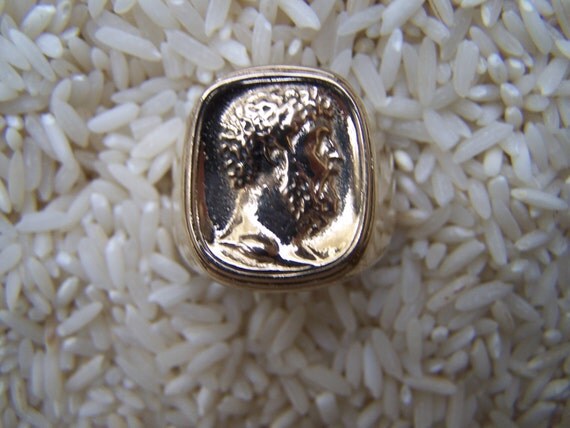Brian Martin has written
an excellent review of William Irvine's method of "insult pacifism." This is the "starve a bully" theory. I know that Irvine takes a lot of heat from some Stoics for his somewhat unorthodox take on the philosophy, but I've found him to be a very good source of wisdom. I actually emailed him about a personal issue and he responded, and his advice was very useful.
When dealing with low-level bullies I have found his insult pacifism to be fairly effective. What this involves is to either ignore an insult, say "thanks," or agree and amplify.
"You're fat."
--------
"You're fat."
"Thanks."
"You're fat."
"I'm enormous!"
I would add to this the "laugh along with them" technique.
"You're fat."
"Ha ha ha! Anyway, about this report..."
I'm not a pacifist. I think that there are times when a threat needs to be met head-on. Still, for low-level bullying I've found insult pacifism to be very effective. This is especially true with adult bullies.
What a bully wants is your humiliation. They want to feel superior to you. If you are nonreactive then you starve them without openly challenging them, and they'll often hunt somewhere else. In addition, anybody who sees your non-reactivity is likely to view you as more mature, more in control. That's also useful, because bullies don't just want to humiliate you, they want to do it in front of an audience.
In my particular social setting it is highly unlikely that a bully will actually assault me, and it is very likely that bullying behavior will be cloaked as friendly teasing. Typically this teasing happens in a group (in my experience); adult bullies generally want to raise their stock in front of an audience; they're very unlikely to bully people one-on-one.
Insult pacifism provides a mild reproof. The bully feels a little awkward, but not so awkward that he or she will be rejected from the group. The group will just think that the bully is having an off day, or perhaps feels a little cranky.
That's an important thing to remember in any conflict, actually. Always keep the audience in mind. You probably won't change the other person's mind, but you certainly can bring the undecided over to your side.
That said, I've gone nuclear on adult bullies three in my life. In all three cases I talked to them privately and said in no uncertain terms that I didn't like how they treated me. In all three cases they became immediately conciliatory. One guy admitted that he was doing it and said that he needed to grow up. We hugged. The second guy became incoherent and barely spoke to me after that, and when he did he was always polite. The last guy denied bullying me at all and thought I was a little crazy, and then took great pains to point out his own flaws. That's when I realized how sad and lonely his life seemed to him.
I had to actually think about that one. Was I wrong? I don't think so, but I talked to a friend of mine who was a part of the bully's audience and he thought it was just heavy teasing.
Maybe. Maybe not. Either way the guy backed off.
Now if I were a sage I would do as Marcus Aurelius advises.
“Begin each day by telling yourself: Today I shall be meeting with interference, ingratitude, insolence, disloyalty, ill-will, and selfishness – all of them due to the offenders’ ignorance of what is good or evil. But for my part I have long perceived the nature of good and its nobility, the nature of evil and its meanness, and also the nature of the culprit himself, who is my brother (not in the physical sense, but as a fellow creature similarly endowed with reason and a share of the divine); therefore none of those things can injure me, for nobody can implicate me in what is degrading. Neither can I be angry with my brother or fall foul of him; for he and I were born to work together, like a man’s two hands, feet or eyelids, or the upper and lower rows of his teeth. To obstruct each other is against Nature’s law – and what is irritation or aversion but a form of obstruction.”
So ultimately a Stoic will practice insult pacifism because the Stoic recognizes that the bully simply doesn't know any better. The bully is our brother. We are meant to live in harmony. That's a beautiful thought.
That's the target; that's what we are to work toward.
But then again I'm not a sage. And sometimes, if I'm honest, I'm the bully.
Physician heal thyself.



